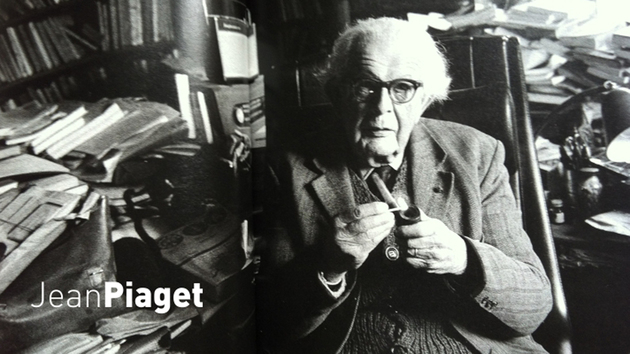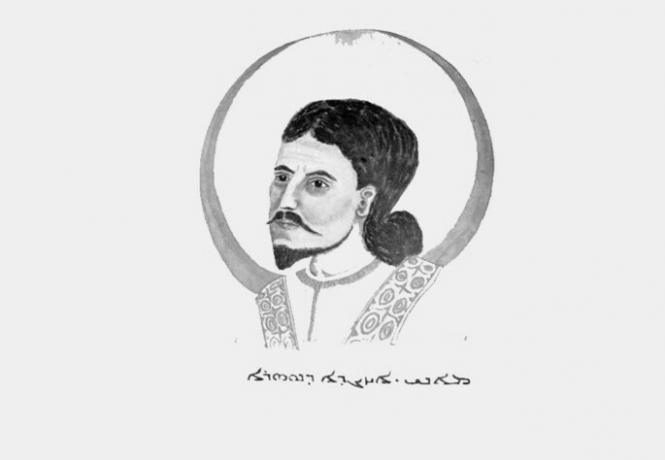THE Epistemology or Theory of Knowledge it is one of the areas of philosophy that studies knowledge.
Epistemology studies the formation of knowledge, the difference between science and common sense, the validity of scientific knowledge, among other issues.
Definition of Epistemology
Just as ethics deals with moral issues and politics deals with the functioning of society, epistemology deals with knowledge.
Epistem – comes from the Greek and means knowledge and Loggia - study. Thus, epistemology is the study of knowledge, its sources and how it is acquired.

Epistemological Issues
Philosophy always starts with questions. In this way, we can systematize the questions that epistemology seeks to answer:
- What is science?
- What is scientific knowledge?
- Is scientific knowledge true?
Philosophy determines that an area of knowledge, to be considered a science, must have a defined method.
Scientific knowledge would be the set of knowledge that is justified and proven through tests that can be performed in any circumstance, time and place, which will give the same result.
However, the truth can be rationally constructed within each historical period. Often, what is believed at one time will be rejected or invalidated later.
Origin of Epistemology
Epistemology emerged with the pre-Socratic philosophers. In the classical period, discussions on the subject began to take shape, especially through Socrates, Aristotle and Plato. Each of them creates a method to explain their ideas, dispensing with myths to reach their conclusions in a rational way.
However, epistemology gains strength in the Modern Age when the ideas of Humanism, Rebirth, Enlightenment were gaining ground in society.
Thus, one of the scholars' goals was to differentiate the common sense of science.
Example
A person can say that he knows it will rain because his knee is hurting. This would be common sense, as there is no scientific basis for anyone to believe that this could be true.
On the other hand, a person can say that it is going to rain because he has observed the clouds and the wind, and knows that when they behave in a certain way, it is possible for it to rain.
Epistemology according to Jean Piaget

The Swiss Biologist and Psychologist Jean Piaget (1896-1980) elaborated a theory of knowledge and exposed it in his work “Genetic Epistemology”, in 1950.
In this book, he theorizes that the human being goes through four phases of knowledge acquisition:
- Sensory-motor: 0 to 2 years, where knowledge takes place through exterior and interior stimuli.
- Preoperative: 2 to 7, when speech appears, games with other children with simple rules and magical and fanciful thinking, which includes fairy tales.
- Concrete operative: 7 to 11 years, in which it is possible to solve problems internally, there is acquisition of writing and calculations associated with concrete symbols such as apples.
- Formal or abstract operative: 11 to 14 years old, understand abstract concepts such as society, love, the State, citizenship.
For Piaget, these stages are not reached in a linear way and each child has their own pace of learning. He also argues that not everyone makes it to the last step.
In the same way, knowledge is a decentralization of the person. It is about passing from a phase where the child naturally wants everything for himself towards the human being who thinks about his surroundings.
More than overcoming a state, Piaget said that the most important thing is to observe how the child goes from one stage to another. To characterize this phenomenon, he coins two terms: assimilation and accommodation.
- Assimilation: when introduced to a new toy, the child takes "tests" to understand how it works.
- Accommodation: once knowledge is acquired, the child finds an application for this skill and transfers it to other areas.
Example:
A book.
In the sensory phase, the book can be just another object to stack, bite, throw. In the preoperative period, the child learns that this object has stories and, therefore, another use.
read more:
- Metaphysics
- Rebirth
- Scientific Method
- Theory of Knowledge
- empirical knowledge

